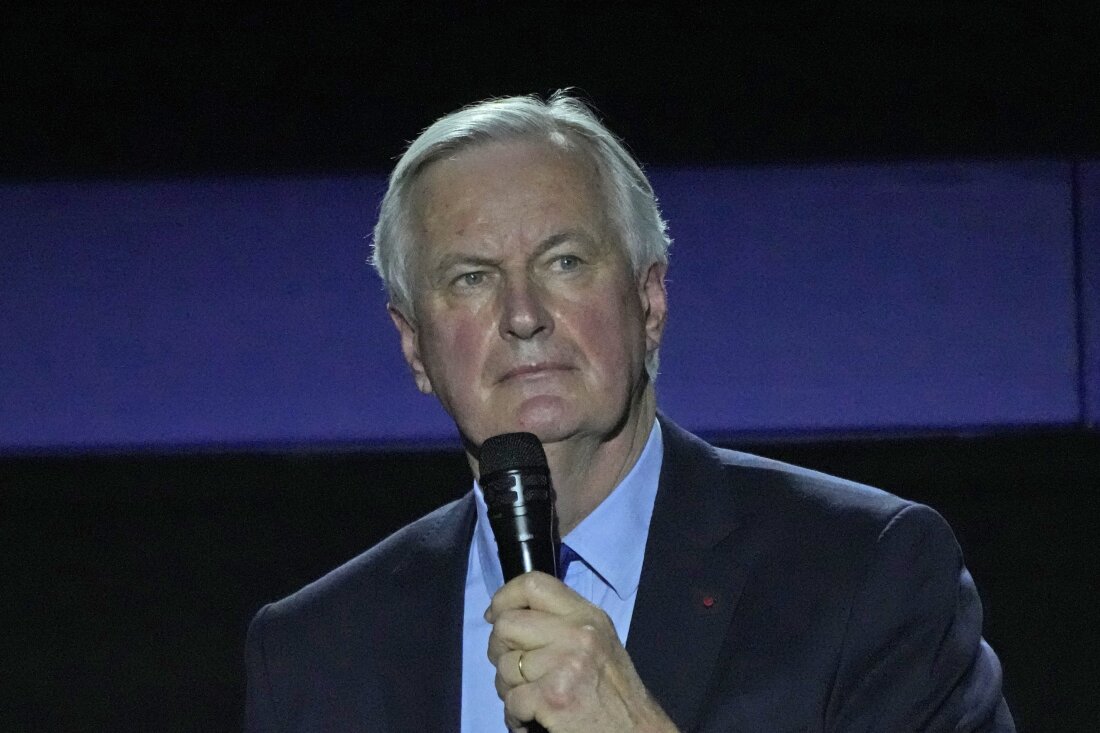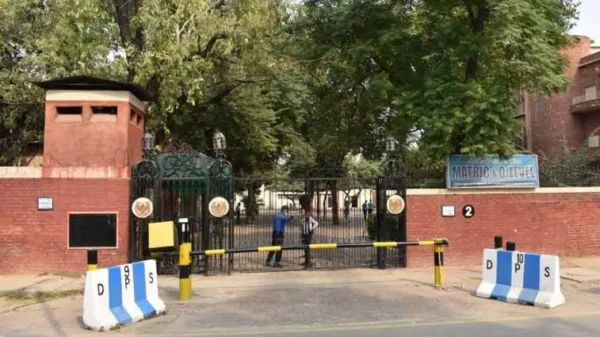Barnier, 73, was appointed by President Emmanuel Macron in September to lead a centrist minority government. However, on Wednesday, his administration lost support in the National Assembly, with 331 out of 577 members backing the motion to remove him—the first time in over 60 years that a French government has been toppled by such a vote.
Budget Controversy and Public Discontent
The no-confidence vote comes amid widespread backlash against Barnier’s austerity-driven budget, aimed at reducing France’s public deficit, currently at 6.1% of GDP. His proposals to achieve €60 billion in savings, aligned with European Union fiscal requirements, faced criticism for disproportionately impacting lower-income groups.
The government’s decision to bypass parliamentary approval on key budget measures using special constitutional powers further fueled discontent, uniting opposition forces from both the far-right and the left.
Political Reactions
Far-right National Rally leader Marine Le Pen stated that the vote increases pressure on President Macron, though she stopped short of calling for his resignation. “The ball is now in Macron’s court,” she said, emphasizing his responsibility to resolve the crisis.
Mathilde Panot, leader of the far-left France Unbowed (LFI) party, demanded early presidential elections, urging Macron to step down to address the political impasse.
Macron’s Response
As tensions escalate, President Macron is expected to address the nation in a televised speech on Thursday evening. According to a statement from the Élysée Palace, Macron will outline his strategy for navigating the crisis and ensuring government continuity.
Challenges Ahead
Barnier, best known as the EU’s former Brexit negotiator, was appointed following a snap election in July that resulted in a hung parliament. His ousting deepens the political gridlock, with any successor likely to face significant hurdles in passing legislation, including the crucial 2025 budget, through the divided National Assembly.
With new parliamentary elections not feasible before July, Macron may consider appointing a caretaker government to either extend provisions from the 2024 budget or invoke special powers to push through the 2025 budget by decree. The path forward remains fraught with challenges as France grapples with this unprecedented political crisis.










